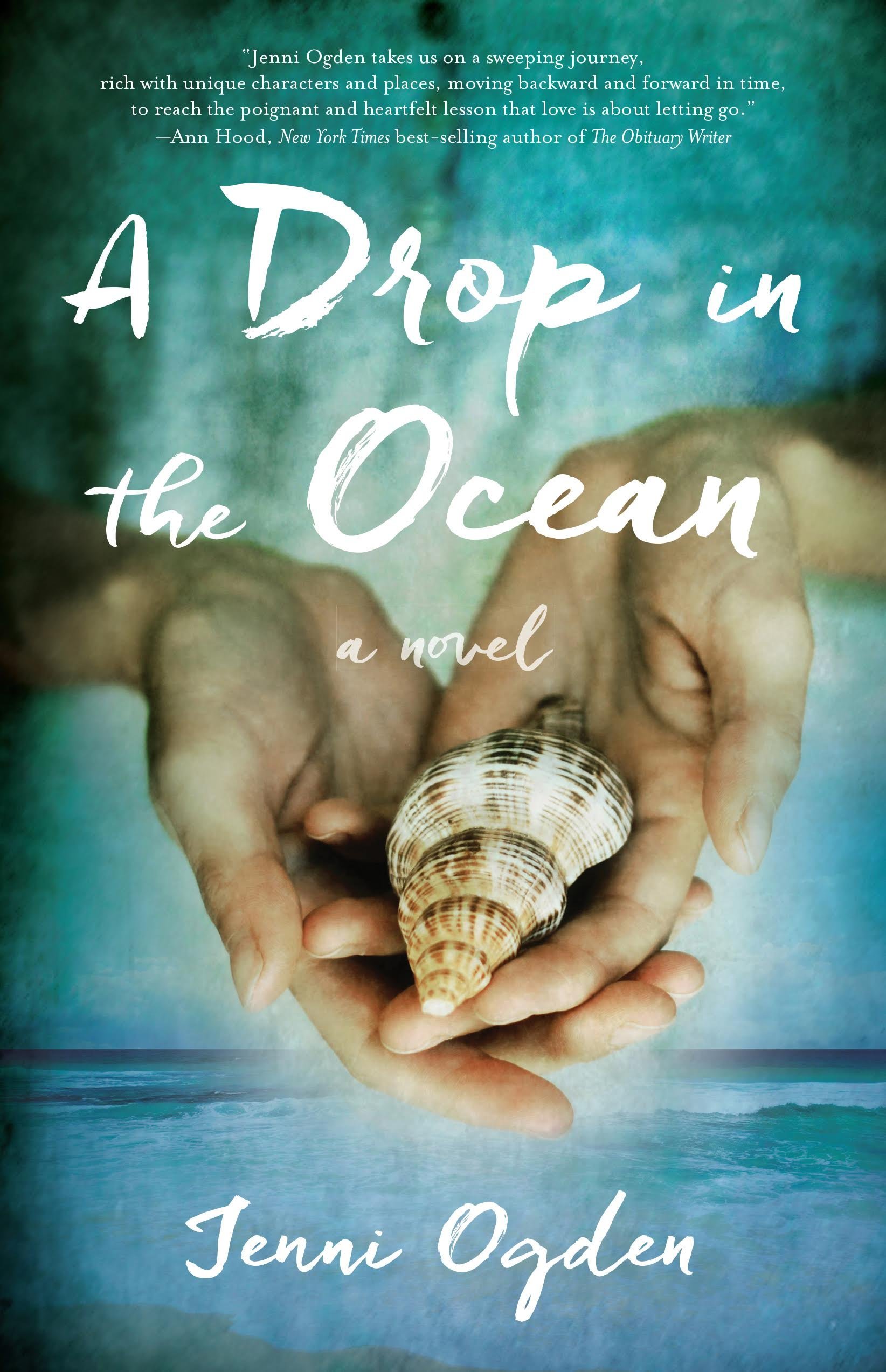
Whale Fall
Book Description
Beneath the depths of the ocean, a monumental secret lies in wait, and when a deep-sea expedition uncovers a once-mighty whale carcass, the fragile balance of life and death spirals into chaos. As researchers grapple with the harsh realities of existence, they confront their intertwined destinies, age-old grievances, and the haunting echoes of loss. With each passing moment, tensions rise, alliances fracture, and the vast, mysterious sea reveals its dark allure. Can they unravel the truths hidden beneath the surface before they are consumed by the very forces they seek to understand? What horrors and revelations await them in the abyss?
Quick Book Summary
"Whale Fall" by Elizabeth O'Connor immerses readers in a mesmerizing blend of historical and literary fiction, centered on a deep-sea expedition that uncovers the remains of a colossal whale. This discovery sets off a chain of existential and emotional reckonings among the research team, as the fragile equilibrium of life and death is laid bare. As the scientists navigate the harsh ocean environment, their personal histories and relationships come under strain, mirroring the ecosystem’s own struggles to adapt to a sudden influx of resources—then chaos. The narrative skillfully merges scientific wonder with psychological depth, exploring themes of loss, interconnectedness, and the enduring mystery of the natural world. With haunting lyricism, O'Connor challenges the boundaries between scientific inquiry and human vulnerability, culminating in revelations as profound and unpredictable as the sea itself.
Summary of Key Ideas
Table of Contents
Confronting Loss and Mortality
The novel opens with the discovery of a massive whale carcass on the ocean floor, which draws together a team of marine scientists and researchers, each carrying their own personal histories and unresolved griefs. The whale fall quickly becomes more than a scientific curiosity; it stands as a potent symbol of both abundance and decay, drawing the characters into complex emotional and philosophical territory. The setting beneath the waves becomes an evocative backdrop for exploring the boundaries between life and death, as the ecological wonder gives way to existential contemplation and conflict among the researchers.
Interconnectedness in Nature and Humanity
As the expedition progresses, the natural process of whale fall—a sunken whale providing a bounty to deep-sea creatures—mirrors the ways in which the characters are forced to adapt to unexpected change. Relationships strain under the pressure of isolation and danger, exposing old wounds and simmering resentments. The ecosystem flourishes in the short-term chaos following the whale’s arrival, just as the team’s dynamics unravel and recombine. Through this lens, O’Connor crafts a poignant meditation on interconnectedness, not only within the biosphere but also among the entwined fates of people.
Science Versus Emotion
Scientific rigor and emotional vulnerability frequently clash among the crew, with some seeking solace in data and analysis, while others find themselves overwhelmed by memories, regrets, and fears. The whale fall deepens not only their scientific understanding but also prompts uncomfortable confrontations with mortality and meaning. The tension between the desire to scrutinize and to grieve shapes the characters’ actions, leading to fractured alliances and moments of profound revelation.
The Unpredictability of the Natural World
The unpredictable dynamics of the abyssal world echo the characters’ internal states. As scavengers descend and the ecosystem transforms, the researchers contend with eerie and ominous events, including unexplained phenomena hinting at the ocean’s enduring mysteries. The ocean itself emerges as both adversary and muse, reflecting humanity’s persistent struggle with the unknown. The relentless, unknowable depths serve as a metaphor for the complexity of human experience and the limits of understanding.
Revelations and Transformation
By the novel’s conclusion, the deep sea yields not just scientific discoveries, but deeply personal ones as well. Reckonings with past losses, hard-won acceptances, and new understandings fill the final pages, as the surviving characters emerge changed. The whale’s final dissolution signals not an end, but a transformation—for the oceanic community and the humans who bore witness. O’Connor leaves the reader with a lingering sense of humility before nature, and the recognition that beneath every surface lie worlds yet to be discovered, both without and within.
Download This Summary
Get a free PDF of this summary instantly — no email required.





